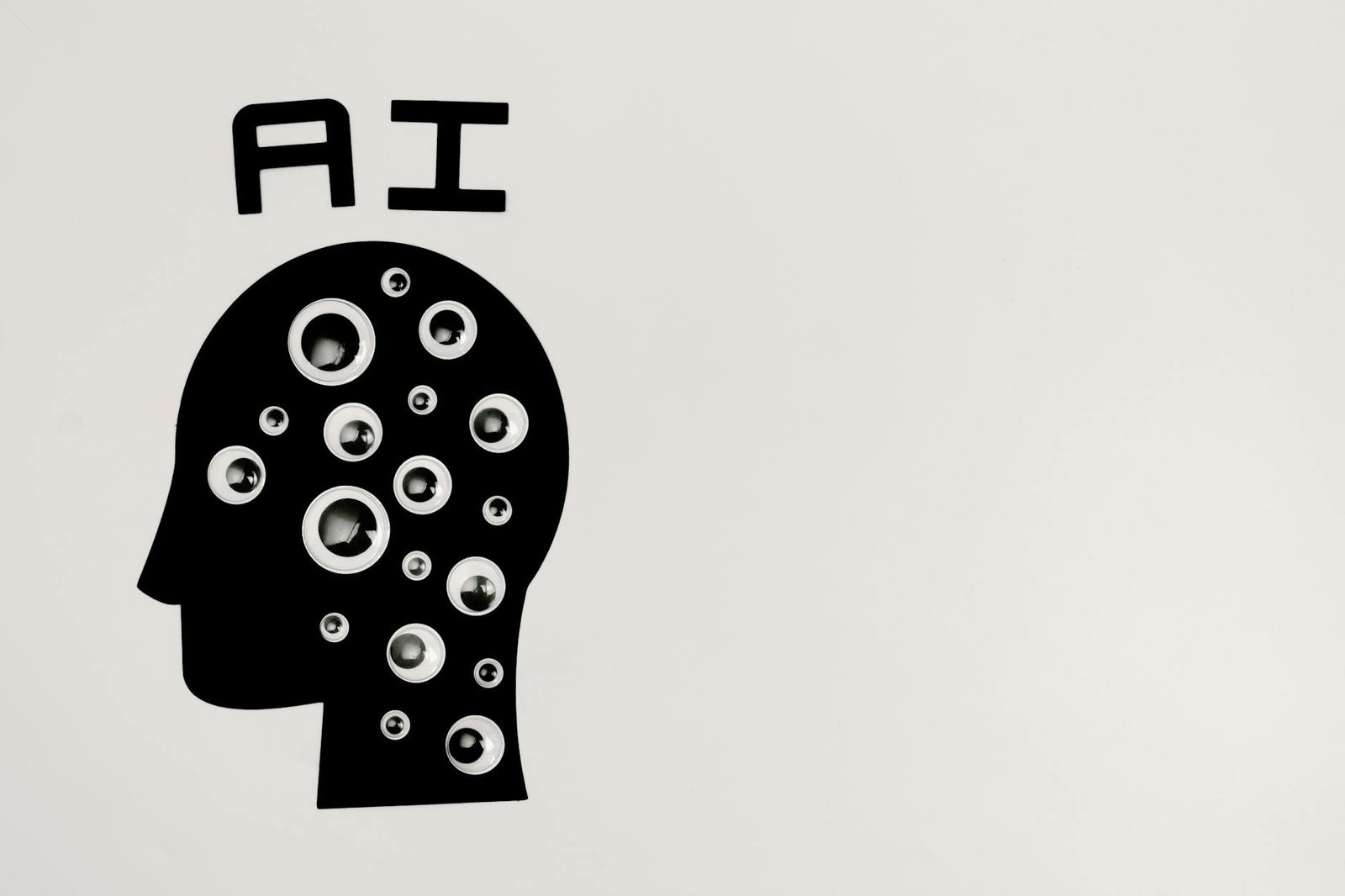Imagine waking up, and your AI assistant already knows you’re not feeling great. Without you saying a word, it reschedules your meetings, orders your go-to comfort meal, and even suggests your favorite chill playlist. Sounds unreal, right? This could be how we live by 2030.
AI assistants, like Siri and Alexa, are about to get a whole lot smarter. They won’t just answer questions or set alarms—they’ll understand your emotions, habits, and even your relationships. Let’s dive into how this will change everyday life and what it might mean for the way we connect with others.

What’s Happening with AI Right Now?
AI assistants have been around for a while. Right now, they help us with reminders, weather updates, and quick answers. But tools like ChatGPT and Replika are taking it up a notch.
Take Replika, for example. It’s an app where you chat with an AI that acts like a friend. Millions of people already use it to talk about their feelings. Some even say it helped them get through tough times, like the loneliness of the pandemic.
The crazy part? These AIs are learning how to connect with us emotionally. They’re starting to pick up on things like our mood based on how we type, talk, or even what we do during the day.
How Emotional AI Works
AI is learning to read emotions. It uses things like your voice tone, how fast you type, or even facial expressions to figure out how you’re feeling.
For example, a study from MIT found that AI can detect signs of depression just by listening to your voice. Imagine your AI assistant noticing that you sound stressed and suggesting you take a break, go for a walk, or listen to something calming.
This is what’s called emotional AI, and it’s already being developed by companies like Affectiva. Soon, this tech will likely be in your phone, your car, and even your smart home gadgets.

How This Could Change Everyday Life
AI and Your Relationships
AI could get so good at reading us that it might help with things like dating and even arguments. Think about it: your assistant could analyze how you and your partner text and suggest ways to communicate better.
For example, if you and your partner are having a misunderstanding, your AI might say, “Hey, it seems like you’re both frustrated. Maybe try explaining how you feel in a calmer way.” It sounds helpful, but would you really want a machine stepping into your personal life?
AI and Friendships
Some people are already using AI as a stand-in for friends. Replika users have reported forming deep bonds with their virtual companions. A Stanford study even found that 40% of people would rather tell secrets to an AI than a friend.
Why? No judgment. But this also raises a big question: If we get too comfortable talking to machines, will it replace real friendships?
The Good Stuff
There are definitely perks to AI assistants getting this smart:
- Healthier Habits: Your AI could notice if you’ve been stressed and suggest taking a break or exercising.
- Less Stress: Forgetting stuff? Your AI might remind you before you even realize you forgot.
- Better Choices: By knowing your past habits, AI could help you make decisions that actually fit your goals.
For example, if your assistant sees you’ve been ordering a lot of takeout, it might recommend cooking at home for a change. Or if it knows you’ve been skipping workouts, it might nudge you to move around.
The Not-So-Great Side
Of course, there are downsides too:
- Too Much Control: If we let AI handle everything, will we lose the ability to manage life on our own?
- Privacy Issues: For AI to work, it needs to collect a lot of data about you. Where does all that info go?
- Getting Too Attached: Some people might lean on AI too much and avoid dealing with real human connections.
Take the story of a guy in Japan who “married” a virtual assistant named Hatsune Miku. While most people won’t go that far, it shows how easy it is to form emotional bonds with tech.
What’s Next?
AI isn’t going anywhere. It’s going to become a bigger part of our lives, whether we’re ready for it or not. The challenge is figuring out how to use it without letting it take over.
Experts say AI should help us, not replace us. For example, it might remind you to check in with a friend you haven’t talked to in a while instead of trying to be your only source of connection.
How are you feeling after reading that?
The idea of an AI assistant that knows you better than you know yourself is both exciting and a little scary. It could make life easier, help you manage stress, and even improve your relationships. But it’s up to us to decide how much power we give it.
So, the next time your AI assistant suggests something, think about it: Is it helping you live better, or is it running the show? By finding the right balance, we can make sure this tech improves our lives without taking over.
- News about NASA
- ‘Memory shortage could slow AI boom,’ warns DeepMind CEO Demis Hassabis
- Florida freeze leads to over $3 billion in crop losses, agricultural commissioner says
- EY Launches Framework to Help Companies Embed Sustainability Across the Enterprise
- Governing Biotechnology’s Dual-Use Security Dilemma




